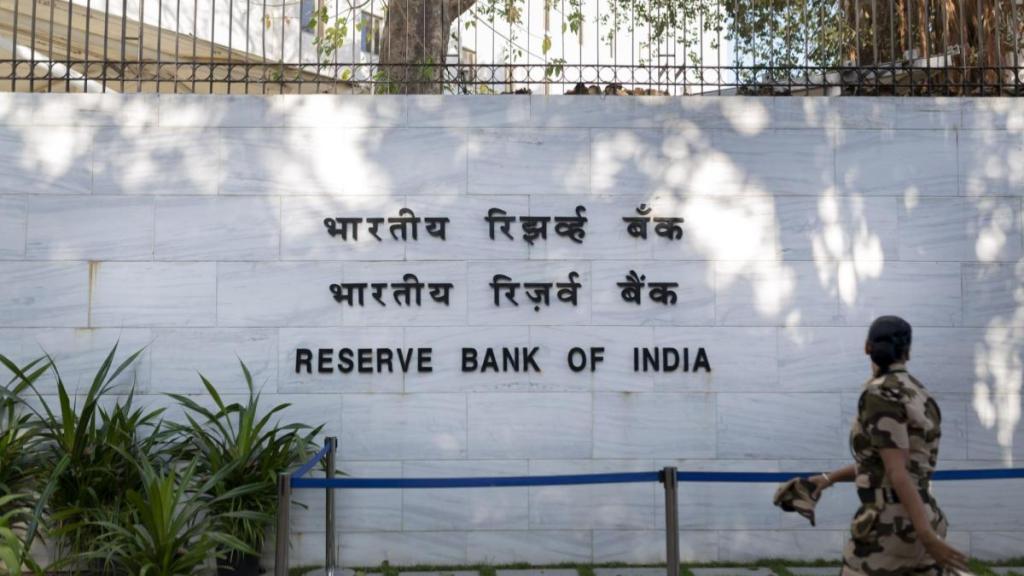The Reserve Bank of India (RBI) has introduced new guidelines for the repayment of credit card outstanding amounts, effective from July 1. The central bank announced that all credit card bill payments via third-party applications must now be routed through the Bharat Bill Payment System (BBPS), which is managed by the National Payments Corporation of India (NPCI). This move impacts credit card holders from major banks who will no longer be able to use third-party applications like CRED, PhonePe, Amazon Pay, and Paytm for settling their bills.
This change will impact users of those banks which have not yet integrated with the BBPS platform. With new rules in place, let us understand what BBPS is and which banks have still not integrated with it.
What is Bharat Bill Payment System?
The Bharat Bill Payment System (BBPS) is developed by the central bank to enhance the payment collection process for businesses and customers. BBPS offers a comprehensive network of physical outlets, including bank branches and collection stores, as well as various digital channels like apps and websites nationwide. This system provides convenient and prompt settlements, accommodating a wide range of payment methods for greater flexibility and ease of use.
The RBI’s directive also aims to regulate and monitor peer-to-peer (P2P) credit card transactions conducted through third-party applications. Unlike regular credit card transactions, where payments are directly settled with the bank, payments made through third-party apps are settled with the bank via NEFT/IMPS or direct transfer by those apps. The RBI is reportedly uncomfortable with this arrangement as it bypasses a centralized platform.
BBPS integration status
As of July 1, 2024, the following 12 banks are live on BBPS:
- SBI
- Kotak Bank
- AU Small Finance
- Union Bank
- Saraswat Bank
However, several major banks are still working on integrating with BBPS, including:
- YES Bank
What’s taking banks so long?
Banks have established a strong ecosystem of third-party integrations that provide a variety of services to their customers. This system allows banks to leverage transaction data to build robust customer profiles and offer personalized services. The delay in integrating with the BBPS network may be due to the significant investment required, which banks might not see as providing substantial added value.
The RBI’s mandate aims to streamline the payment process and enhance regulatory oversight, ensuring that all credit card transactions are secure and transparent. Experts also believe that in a few months, all banks will successfully integrate with BBPS.


